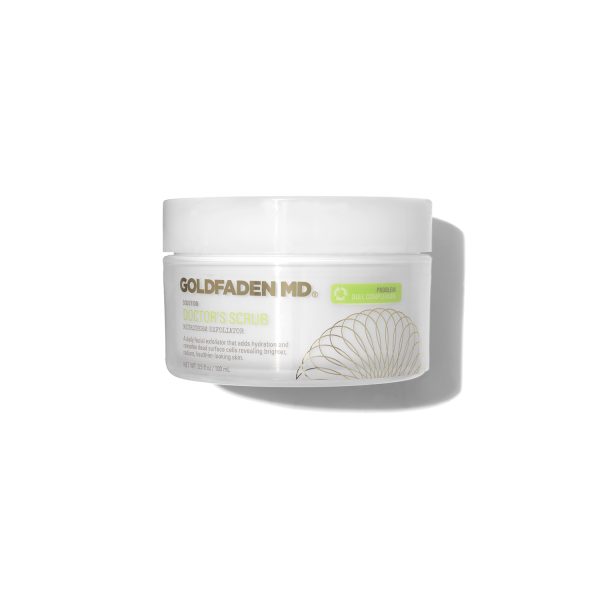Dry Skin
SKIN101
01
What Causes Dry Skin?
Your skin type is ultimately determined by your genetics, and for those with dry skin this means your skin struggles to replenish its own hydration. This can be made worse by using products which over cleanse your skin and further damage your skin barrier. Hormonal fluctuations can have a significant impact, especially after menopause as oestrogen, which stimulates oil glands, decreases leading to dryer skin. Likewise, as you get older your skin will become dryer as your skin will stop producing as many natural oils to protect the skin. There are also external factors which can impact how dry your skin is. Dry climates can increase the rate at which the water in your skin evaporates, and not drinking enough water or not eating enough foods high in fatty acids can contribute towards dry skin.
Dry vs. Dehydrated Skin.
The key difference is that dehydrated skin is a temporary skin condition but dry skin is your skin type which you are born with. Where dry skin is due to a lack of oil, dehydrated skin is due to a lack of water. Dehydrated skin compensates for this lack of water by creating more oil which can cause breakouts. Importantly a skin condition can be combined with any skin type. Therefore, you can have dehydrated dry skin which may be why you notice that sometimes your skin is oilier than normal and is breaking out.
Sensitive, Dry Skin
There are similarities between dry and sensitive skin such as the feeling of tightness, dryness and itching. However, you know you have sensitive skin if these symptoms occur in reaction to something. That something may be a product, a change in climate, or a type of food to list a few. Having sensitive skin can exacerbate the characteristics of dry skin and the best way to soothe dry and sensitive skin are products full of antioxidants, soothing, and hydrating ingredients.
How to Look After Dry Skin?
If you have dry skin then it won’t come as a surprise to learn that it’s important to avoid things which dry your skin out more. For instance, washing your face with hot water or showering in hot water may feel good at the time but using warm water will prevent that uncomfortable tightness and flaking. Likewise, the ingredients in your products can have a drying effect. Fragrance, regardless of if it is natural or synthetic should be avoided, along with all forms of citrus and mint as these can be drying, especially if you also have sensitive skin. Unlike oily or combination skin where you want to absorb excess oil using a clay mask, dry skin doesn’t have any excess oil so avoid absorbent products.














